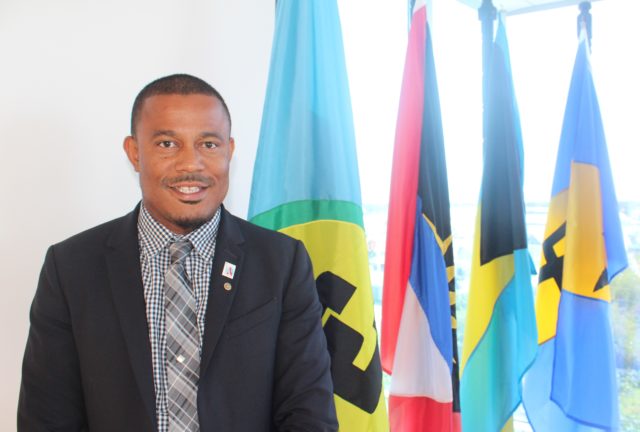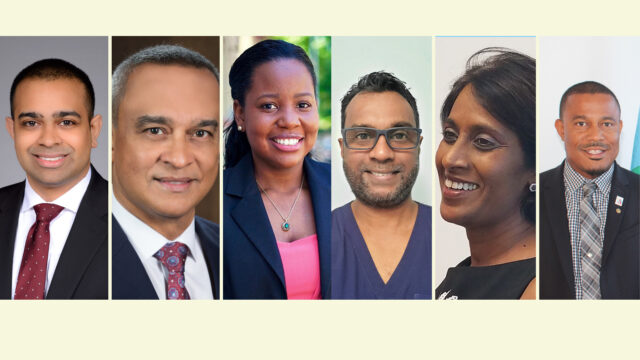GENEVA – The Board of the Global Fund to Fight AIDS, Tuberculosis, and Malaria approved the new Global Fund Strategy: Fighting Pandemics and Building a Healthier and More Equitable World. The new Strategy places people and communities front and center of the fight against HIV, TB, malaria and accelerates the shift to more integrated, people-centered models of prevention, treatment and care. Strengthening the leadership and engagement of communities living with and affected by the diseases will reinforce this unique strength of the Global Fund partnership and tackle barriers to effective participation and leadership.
“The Strategy process has been inclusive to reflect the diverse views of the Board constituencies, various consultations with relevant stakeholders and evidence-based information in a bold and coherent plan,” said Dr Donald Kaberuka, Board Chair. He pointed out that the new Strategy will more strongly address health inequities, gender inequalities and human rights barriers such as criminalization of key populations and the removal of legal barriers that so deeply affect the fight against HIV, TB and malaria. “With our focus on the poorest and most marginalized, we will support countries as they progress to address global challenges and emerging impacts of the pandemic towards strengthening their health systems and delivering universal health coverage,” he added.
“This is a bold, new plan that puts people at the center of the fight against HIV, TB, and malaria,” said Lady Roslyn Morauta, Vice-Chair of the Board. “Implementer governments, communities, civil society, development partners and technical partners have come together in shared resolve to redouble efforts to defeat the diseases. This speaks to the power of the Global Fund partnership — what we can do when we work together, in solidarity and common purpose. The new Strategy approved today sets us up for a strong Replenishment next year, successful implementation in the years ahead, and the opportunity to save more lives.”
Recognizing the COVID-19 crisis has dramatically set back our fight against HIV, TB and malaria, while increasing inequities, human rights and gender-related barriers in access to essential health care, the Board urged action across the partnership to get back on track towards the 2030 targets, operationalize the next Strategy, and work to support the health of people and communities.
The Board also noted the new Strategy responds to the dramatic changes in the global health context by explicitly recognizing the role the Global Fund partnership can and should play in pandemic preparedness and response, given the impact of pandemics on vulnerable communities and our mission, and the unique capabilities of the Global Fund in this arena.
“Pandemic preparedness is fundamentally a subset of resilient systems for health,” said Peter Sands, Executive Director of the Global Fund. “And through our swift and rigorous COVID-19 Response Mechanism, we have already demonstrated our capacity to be a highly effective contributor to pandemic response.”
In a broad update to the Board, Sands stressed the devastating knock-on impact of COVID-19 on HIV, TB and malaria, with the socio-economic consequences of the pandemic weighing heavily on the poor and the marginalized. “These scars will take many years to heal,” said Sands. “As a global community, we could and should be acting much more decisively and swiftly to save lives and bring this pandemic to an end. We have the tools — personal protective equipment, tests, treatments and vaccines — but we must move more rapidly to make them accessible and to deploy them effectively. Commenting on the new Strategy, he said: “The new Strategy represents a significant step forward from the current Strategy and will enable us to lift the performance and impact of the Global Fund partnership as we adapt to the dramatic changes resulting from COVID-19, and fight to get back on track toward the 2030 goal of ending HIV, TB and malaria.”
The Board meeting was held during COP26, where a number of discussions focused on the impact of climate change on health. The Board noted the new Strategy acknowledges the importance of addressing the threat and impact of climate change on the three diseases and the vulnerability of at-risk populations. The Global Fund will continue to support countries to mitigate and adapt to the threats posed by climate change within the context of HIV, TB and malaria and broader health and community programs, including by continuing to be responsive to emergency situations caused by climate-related disasters and supporting countries to build more climate-responsive and resilient disease programs and systems for health.
In addition, the Board approved the planned operating expenses (OPEX) budget of US$322 million for 2022 bringing the total OPEX investment to US$930 million for the 2020-2022 cycle to sustain achievements and transition to the new Strategy cycle, and a new global disease split for the 2023-2025 allocation methodology. At amounts for country allocations up to and including US$12 billion, the split of 50% for HIV, 18% for TB and 32% for malaria will be applied. A new split of 45% for HIV, 25% for TB and 30% for malaria will be applied to additional amounts above US$12 billion.
Dr Kaberuka welcomed the increase in TB funding in regard to today’s decision on the global disease split: “The new balance will enable a greater share of funding to go to TB. This will lead to scale-up of TB programs for the most affected while protecting HIV and malaria gains.”
The Board also approved the new model for the Global Fund Independent Evaluation Function which establishes an Independent Evaluation Panel (IEP) and creates a Chief Evaluation and Learning Officer (CELO) function.
Recognizing the significant impact of COVID-19 on the Global Fund’s operating environment and risk landscape, the Board recalled its ultimate responsibility to the Global Fund’s stakeholders for overseeing the implementation of effective risk management. While supporting the increased risk appetite, Board members stressed the importance of actively mitigating risk, especially at a country level, and instructed the Secretariat to provide greater granular reporting on emerging risk trends and the effectiveness and results of the assurance measures, including the assurances put in place.
Ahead of the Global Fund’s Seventh Replenishment next year, and less than a decade to the United Nations Sustainable Development Goals, the Board called the entire partnership to mobilize to increase financial resources to fight the three diseases. The grants based upon the new Strategy will start in January 2024 with funds from the upcoming Seventh Replenishment.










